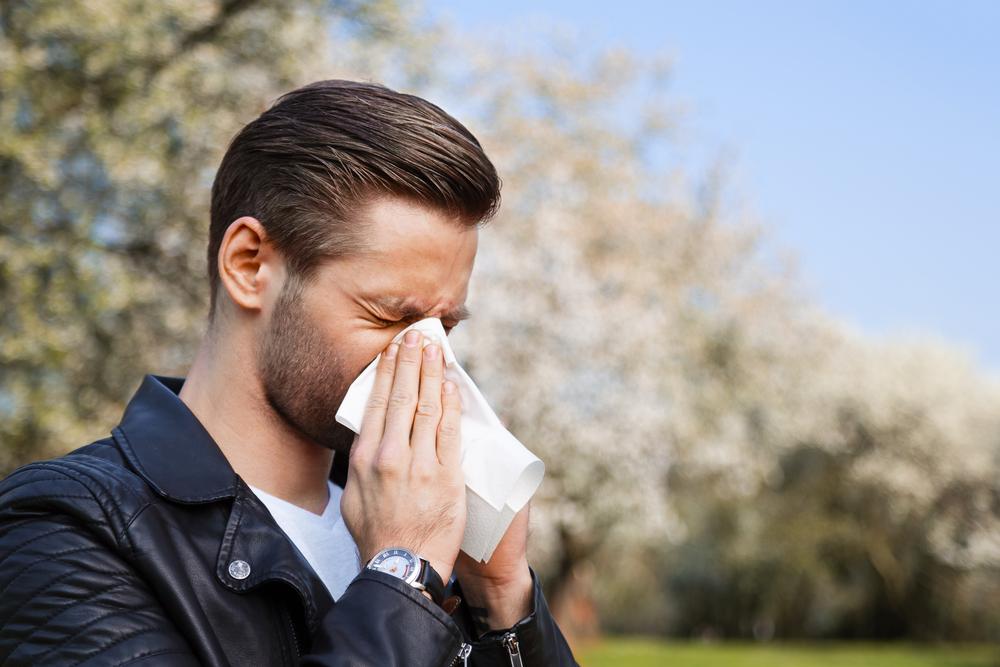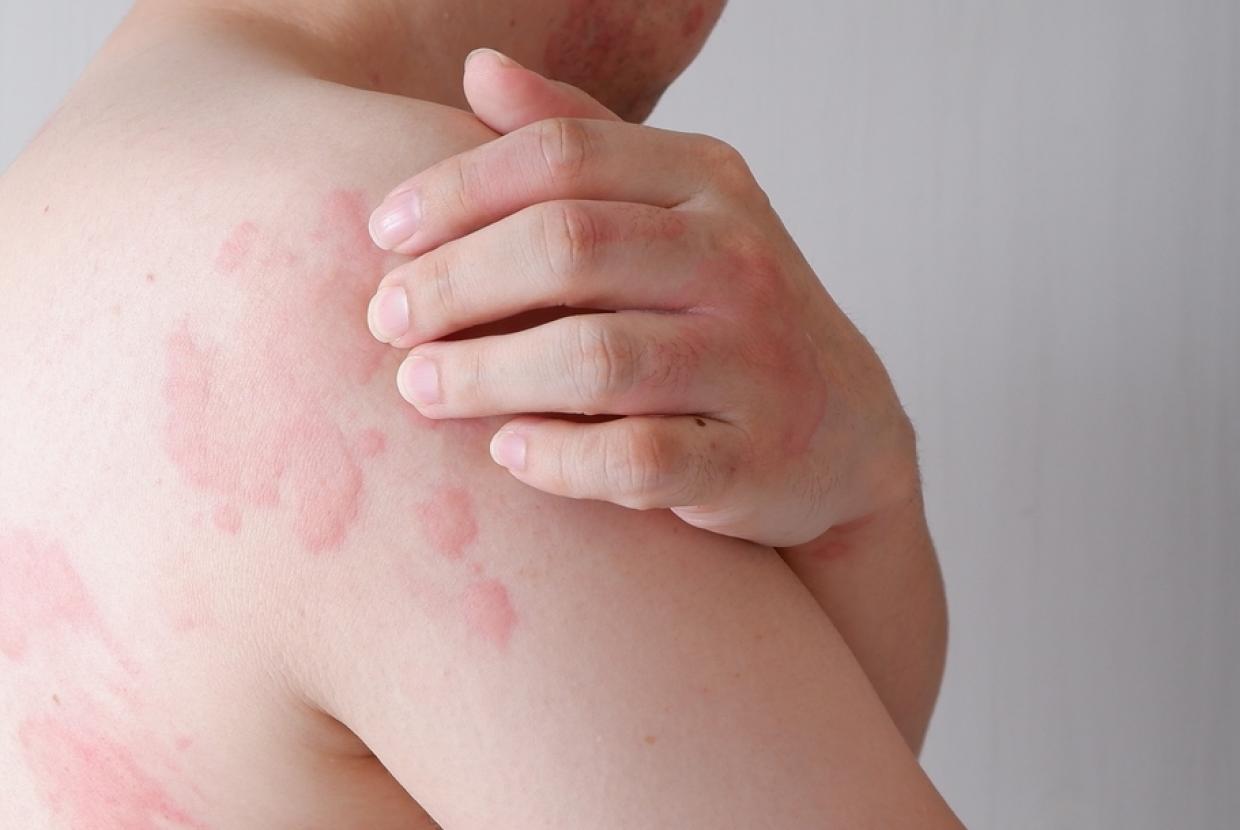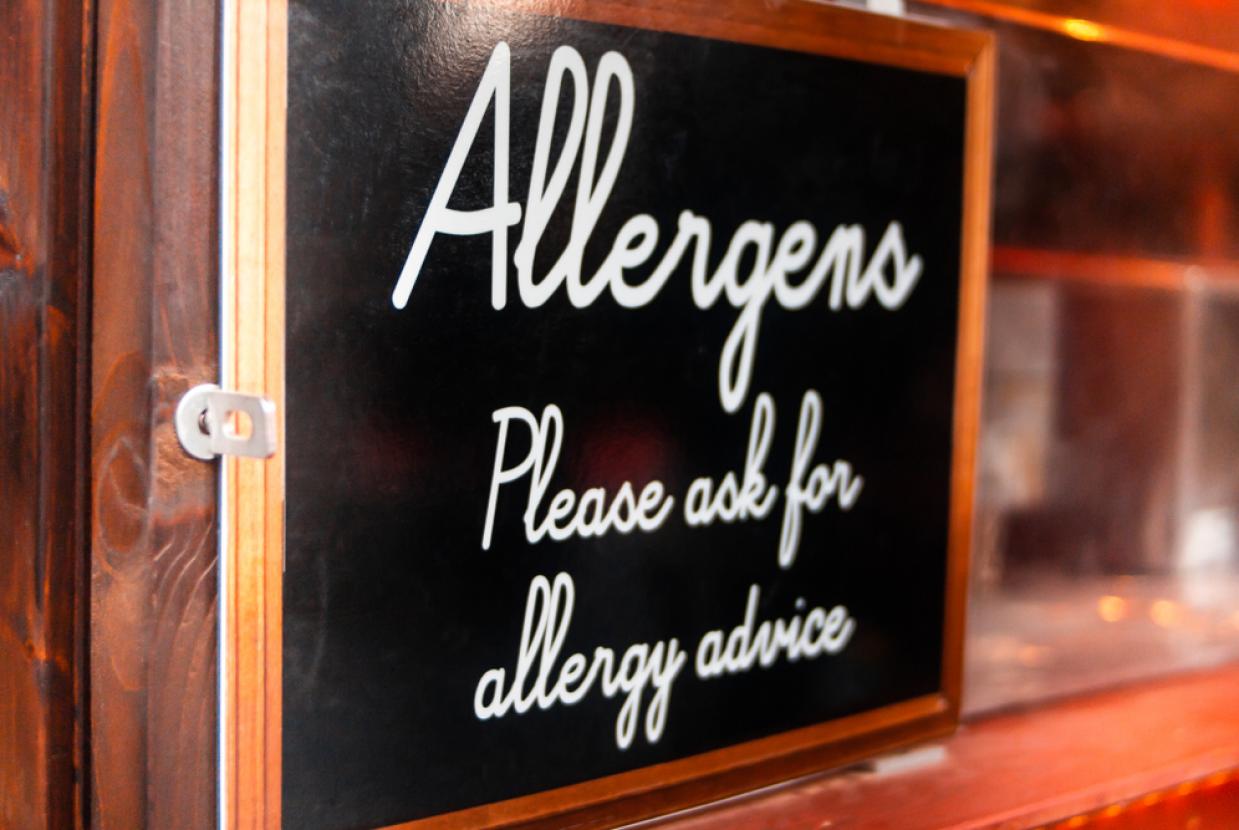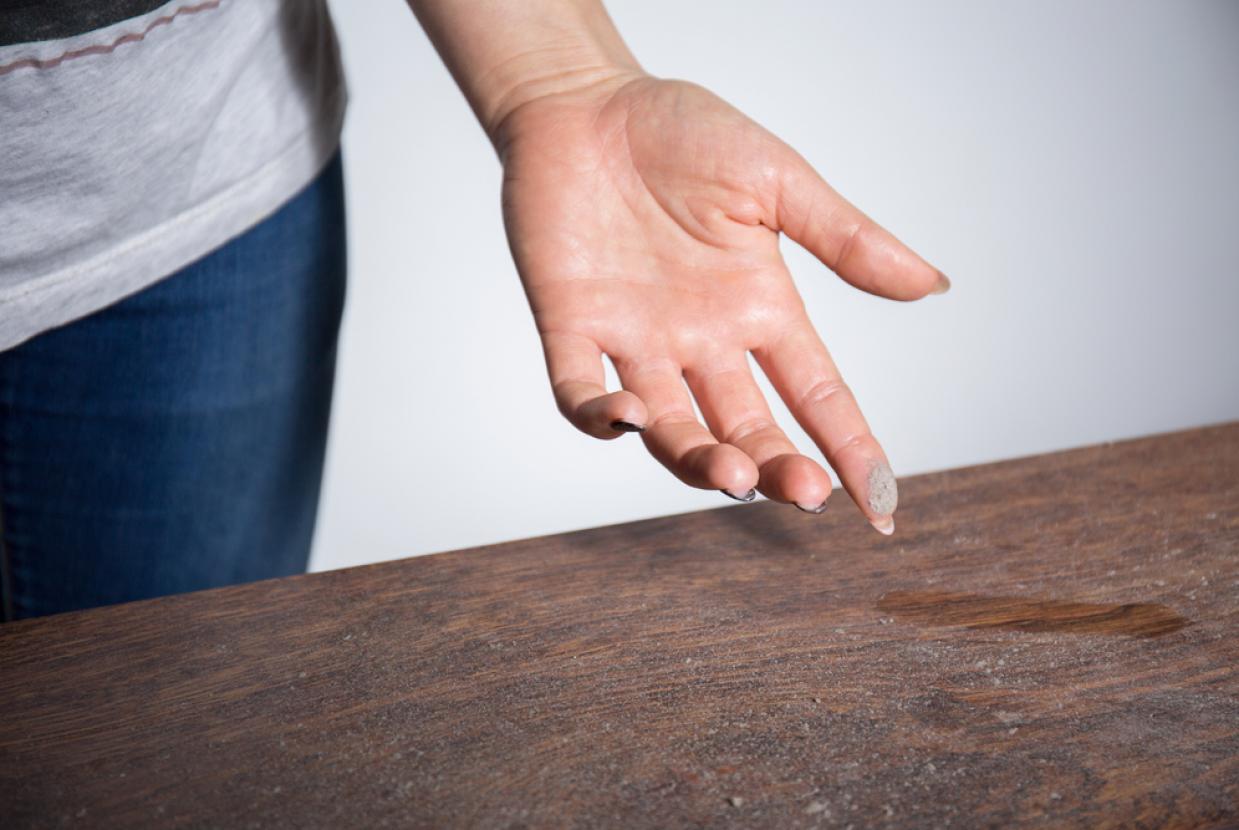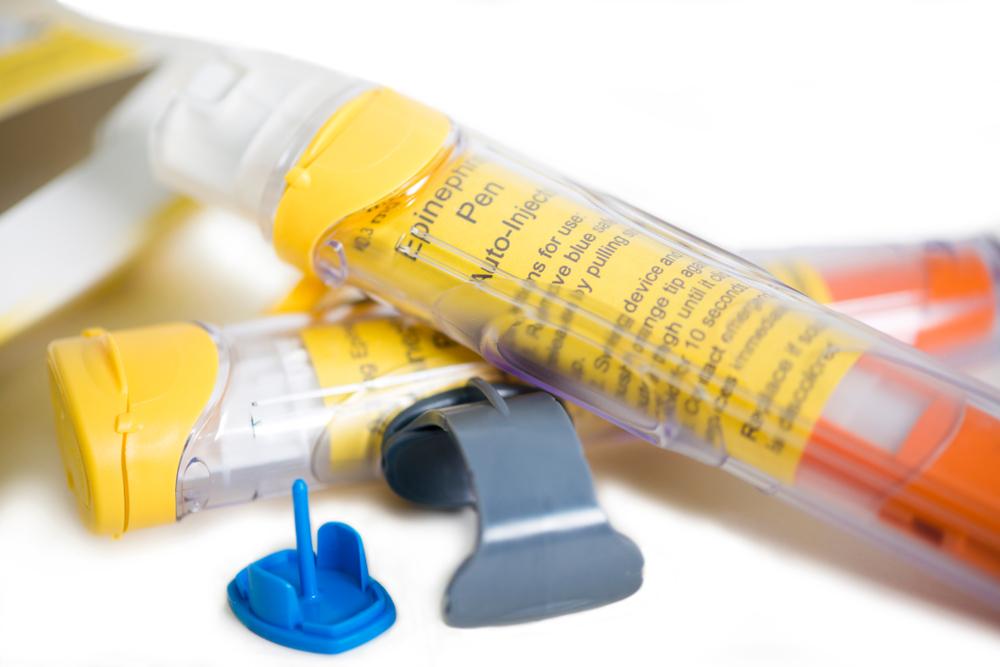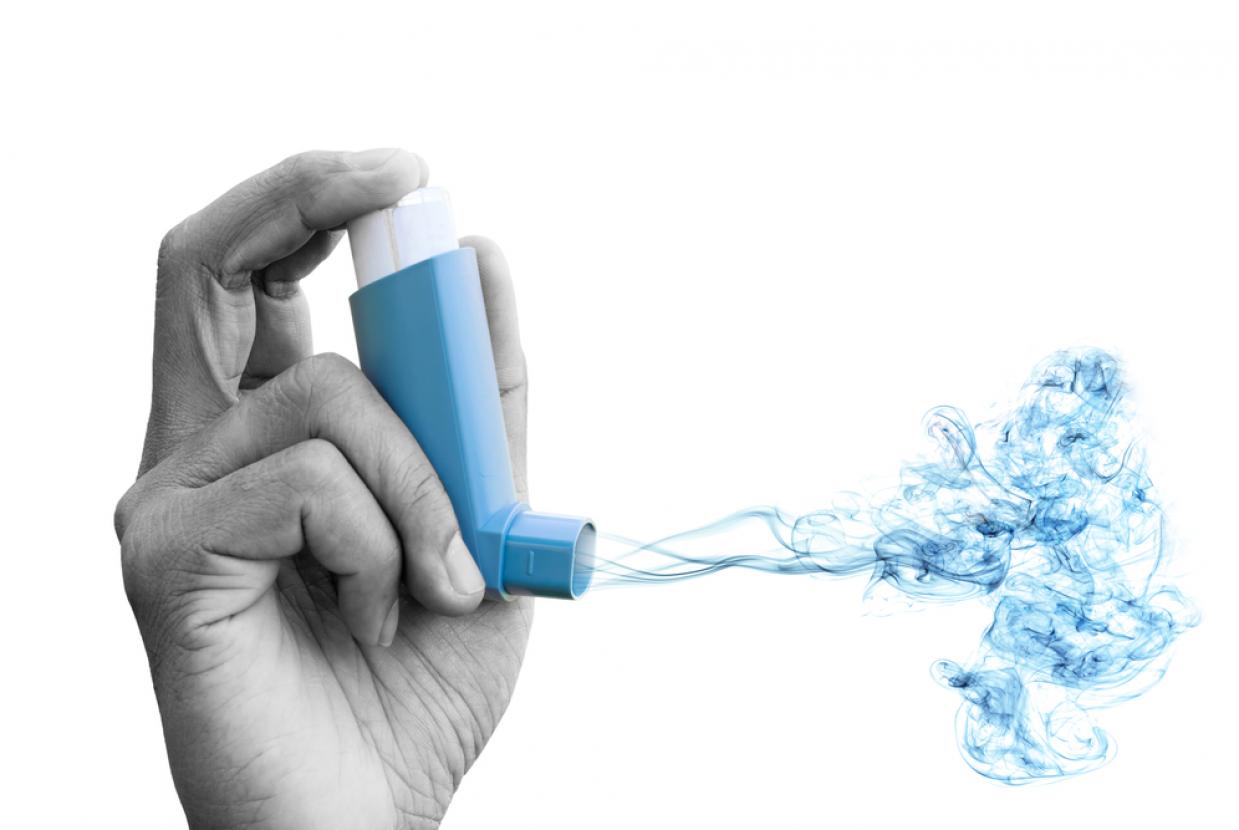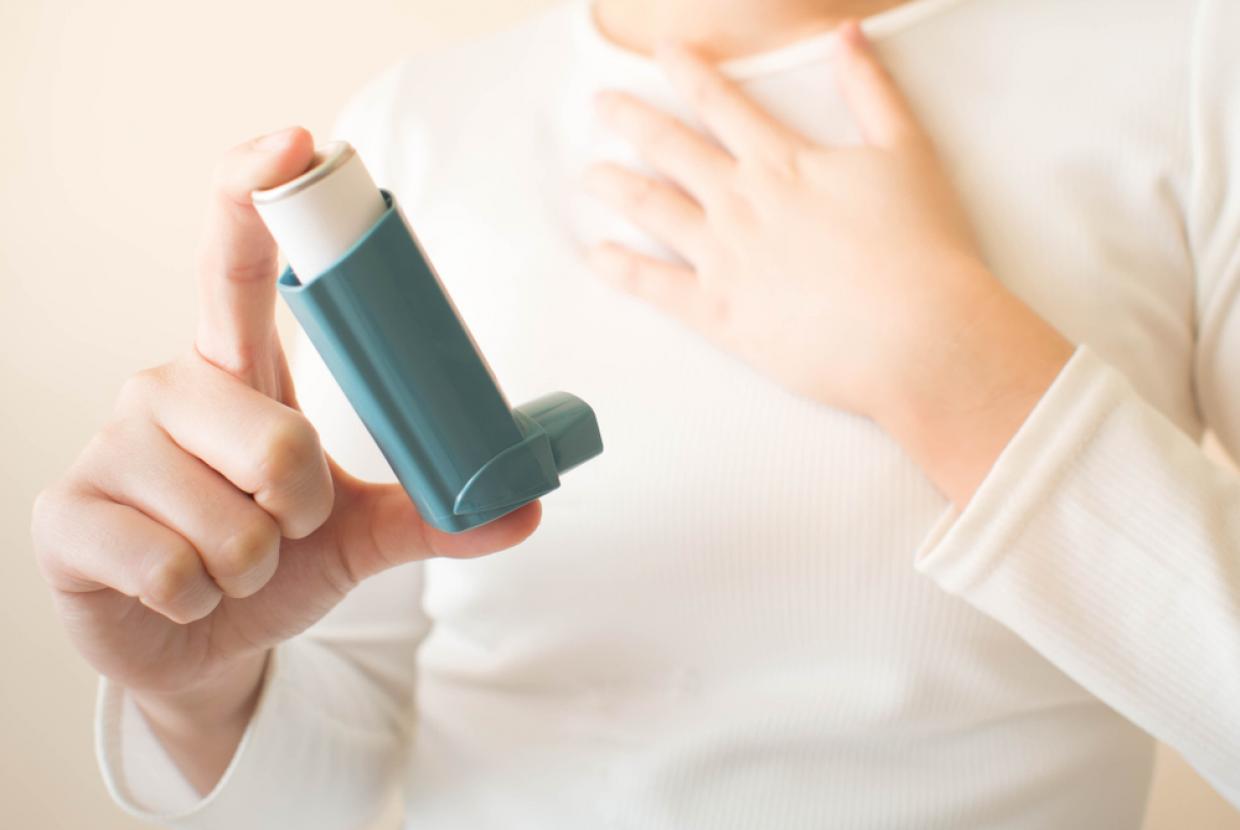Hay Fever
Allergies and AsthmaHay fever is usually worse between late March and September, especially when it's warm, humid and windy. This is when the pollen count is at its highest.
Check if you have hay fever
Symptoms of hay fever include:
- sneezing and coughing
- a runny or blocked nose
- itchy, red or watery eyes
- itchy throat, mouth, nose and ears
- loss of smell
- pain around your temples and forehead
- headache
- earache
- feeling tired
If you have asthma, you might also:
- have a tight feeling in your chest
- be short of breath
- wheeze and cough
Hay fever will last for weeks or months, unlike a cold, which usually goes away after 1 to 2 weeks.
How to treat hay fever yourself
There's currently no cure for hay fever and you cannot prevent it. But you can do things to ease your symptoms when the pollen count is high.
Do
- put Vaseline around your nostrils to trap pollen
- wear wraparound sunglasses to stop pollen getting into your eyes
- shower and change your clothes after you have been outside to wash pollen off
- stay indoors whenever possible
- keep windows and doors shut as much as possible
- vacuum regularly and dust with a damp cloth
- buy a pollen filter for the air vents in your car and a vacuum cleaner with a HEPA filter
Don’t
- do not cut grass or walk on grass
- do not spend too much time outside
- do not keep fresh flowers in the house
- do not smoke or be around smoke – it makes your symptoms worse
- do not dry clothes outside – they can catch pollen
- do not let pets into the house if possible – they can carry pollen indoors
A pharmacist can help with hay fever
Speak to your pharmacist if you have hay fever. They can give advice and suggest the best treatments, like antihistamine drops, tablets or nasal sprays to help with:
- itchy and watery eyes and sneezing
- a blocked nose
Call a pharmacy or contact them online before going in person. You can get medicines delivered or ask someone to collect them.













